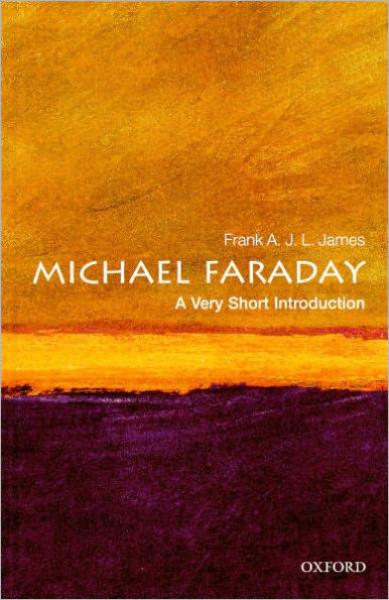Description
popular fame derives.
This Very Short Introduction dispels the myth that Faraday was an experimental genius working alone in his basement laboratory, making fundamental discoveries that were later applied by others. Instead, it portrays Faraday as a grand theorist of the physical world profoundly influencing later
physicists such as Thomson (Kelvin), Maxwell, and Einstein.
Frank A.J.L. James explores Faraday's life from his origins in eighteenth-century Westmorland and Yorkshire, his religious and scientific background, to the growth of his fame in the nineteenth and twentieth centuries. As well as introducing his scientific research, he also puts Faraday in the
various institutional contexts in which he lived and worked, including the Royal Institution, the Royal Society, Trinity House, and other agencies of the state. James therefore provides a commentary on the rapidly changing place of science in nineteenth-century society, especially in regards to its
role in government and the growth of a professional scientific community.
Product Details
- Oxford University Press, Brand
- Dec 16, 2010 Pub Date:
- 0199574316 ISBN-10:
- 9780199574315 ISBN-13:
- 144 Pages
- 6.79 in * 4.52 in * 0.41 in Dimensions:
- 0 lb Weight:




